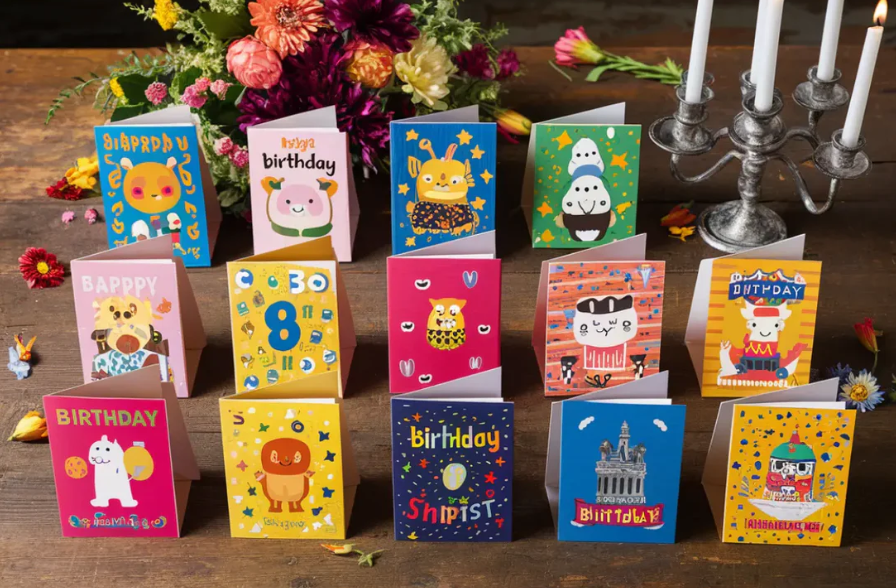Notifications

5 minutes, 11 seconds
-160 Views 0 Comments 0 Likes 0 Reviews

Weddings are universal celebrations of love and commitment, but how they are observed varies widely across cultures. From intricate rituals to modern innovations, weddings reflect the values, traditions, and creativity of different societies. This article explores the fascinating diversity of wedding customs worldwide, offers practical planning tips, and highlights emerging trends in contemporary ceremonies.
The Historical Significance of Weddings
Weddings have been a cornerstone of human culture for centuries, evolving from simple unions to elaborate ceremonies. Historically, marriages were often arranged to strengthen alliances between families or communities. In ancient Rome, wedding were legal contracts that ensured the continuation of lineage and property. Over time, religious institutions began shaping wedding practices, introducing vows and blessings that emphasized spiritual commitment. Today, weddings blend historical significance with personal expression, creating meaningful moments for couples and their families.
Unique Wedding Traditions Across Cultures
Wedding customs around the world showcase the rich diversity of human traditions. In India, multi-day celebrations include vibrant rituals like the Mehendi ceremony, where intricate henna designs are applied to the bride’s hands and feet. In Ethiopia, grooms must “bribe” their way into the bride’s home during a playful ceremony before taking their vows. Japanese weddings often involve sipping sake together as a symbol of unity. These unique practices highlight how cultural heritage shapes wedding ceremonies, making each one distinct and memorable.
Practical Tips for Planning a Wedding
Planning a wedding can be both exciting and overwhelming. The first step is setting a realistic budget to guide decisions on venues, attire, food, and entertainment. Choosing a theme or style can help streamline choices for decorations and invitations. Hiring experienced vendors ensures that key aspects like photography and catering run smoothly. Additionally, creating a detailed timeline helps couples stay organized and reduces stress on the big day. Flexibility is also important to accommodate unexpected changes while keeping the celebration enjoyable.
Modern Trends in Wedding Celebrations
Contemporary weddings are increasingly personalized to reflect the couple’s individuality. Non-traditional venues like beaches, barns, or art galleries are becoming popular alternatives to traditional spaces. Sustainable weddings are also on the rise, with eco-friendly practices such as using local flowers or digital invitations gaining traction. Technology has transformed weddings through live-streaming ceremonies for distant guests and creating interactive experiences like photo booths with instant sharing options. These trends add creativity and inclusivity to modern celebrations.
The Role of Food in Wedding Festivities
Food plays a central role in wedding celebrations across cultures. In Italy, lavish feasts featuring dishes like risotto and tiramisu are staples of traditional receptions. Moroccan weddings include offerings of milk and dates as symbols of hospitality and prosperity. Meanwhile, Filipino weddings often feature a money dance where guests pin bills onto the couple’s attire as they dance—a gesture of support for their future together. Whether simple or extravagant, food brings people together in celebration.
Incorporating Cultural Elements into Modern Weddings
Many couples today seek to honor their heritage by incorporating cultural elements into their ceremonies. This might include wearing traditional attire alongside modern outfits or blending rituals from different backgrounds in multicultural unions. For example, some couples combine Western-style vows with symbolic practices like lighting unity candles or performing tea ceremonies. These fusions create meaningful experiences that celebrate both individuality and shared traditions.
Conclusion
Weddings are more than just ceremonies; they are profound expressions of love, culture, and community. From ancient rituals to contemporary innovations, they reflect humanity’s enduring desire to celebrate union and commitment. Whether through traditional practices or modern trends, weddings offer endless opportunities for creativity while honoring heritage. As couples continue to craft unique celebrations that reflect their values and personalities, weddings remain timeless events that unite people across generations and cultures in joy and harmony.

